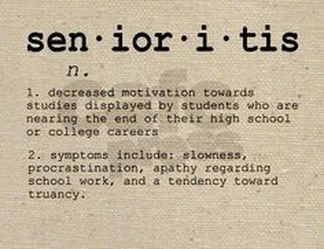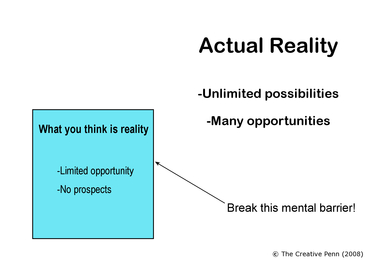Think about it: Updating your resume can seem like a protracted process, leaving the document open over several days. But as soon as there is an internship or job opportunity with a firm deadline, you can have your resume polished and ready to print.
I know for me, putting chores, errands, and work off stresses me out, so why do I do it anyway?
Because it is not a priority.
If I leave the post unwritten, the email unanswered, and the laundry neglected what I’m really saying is that those tasks are not priorities right now.
But then I realize I have left someone waiting to hear from me for three days or that I’m down to my last pair of socks. Boom – priorities!
Here’s the thing – whether given to us or self-imposed, deadlines help make things time-sensitive, and accordingly, higher priorities
1. Identify the energy drain.
Think about what task or tasks fill you with a sense of anxiety, dread, or stress? You will only feel better once it is done and checked off, which means it needs to be a priority item.
2. Make a list of your items you now recognize as priorities.
Figure out what can realistically be done in the next hour, before the end of today, and what needs to be spread out over the rest of the week.
3. If you feel like there is no time to do it, consider first how long it will take.
If it will take 15 minutes or less, stop reading this and go do it right now. Or do it as soon as you get home, or don’t let yourself go to bed without doing it. Just get it done.
If it requires a little more time, mentally review your schedule, identifying time gaps. Do you have pockets of 10, 20, 30 minutes throughout the day? Can you work on the tasks over a few of these pockets? If the task requires an unbroken block of time, can you shuffle around your schedule to make space for it?
4. How can you hold yourself accountable?
This might mean asking your friend or parent to check in with you, signing up to present your findings to an audience, or telling your boss or professor you will have the assignment to them by X day or time. By knowing someone is expecting to see the task completed by a specific time, you have created a personal deadline.
5. Recognize by not doing it, you are saying this is not a priority right now.
Just see how that feels. “Applying for the scholarship due in two weeks is not a priority right now.” Is that true? If so, just go ahead and mark on your calendar the day or days you intend to devote to that scholarship app. But if just saying that feels like you’re lying to yourself – that if, actually, applying for the scholarship is a HUGE priority – then you have your answer about what work really matters to you.
Work gets done in the time we have to do it. But that doesn’t mean you have to wait until you feel like you’re pressed for time. Identify or even design your own deadlines, stick to them, and make the tasks that are important to you high-priority items now so you can stress less later.




















